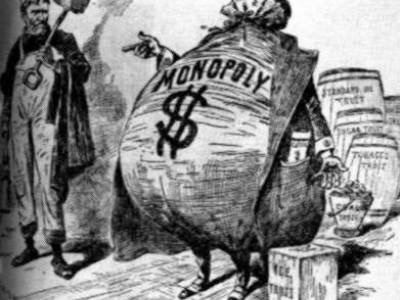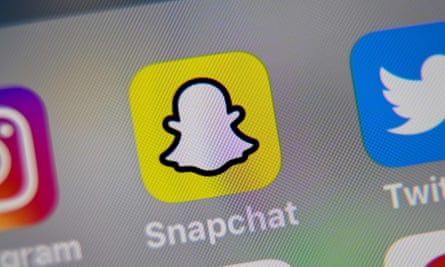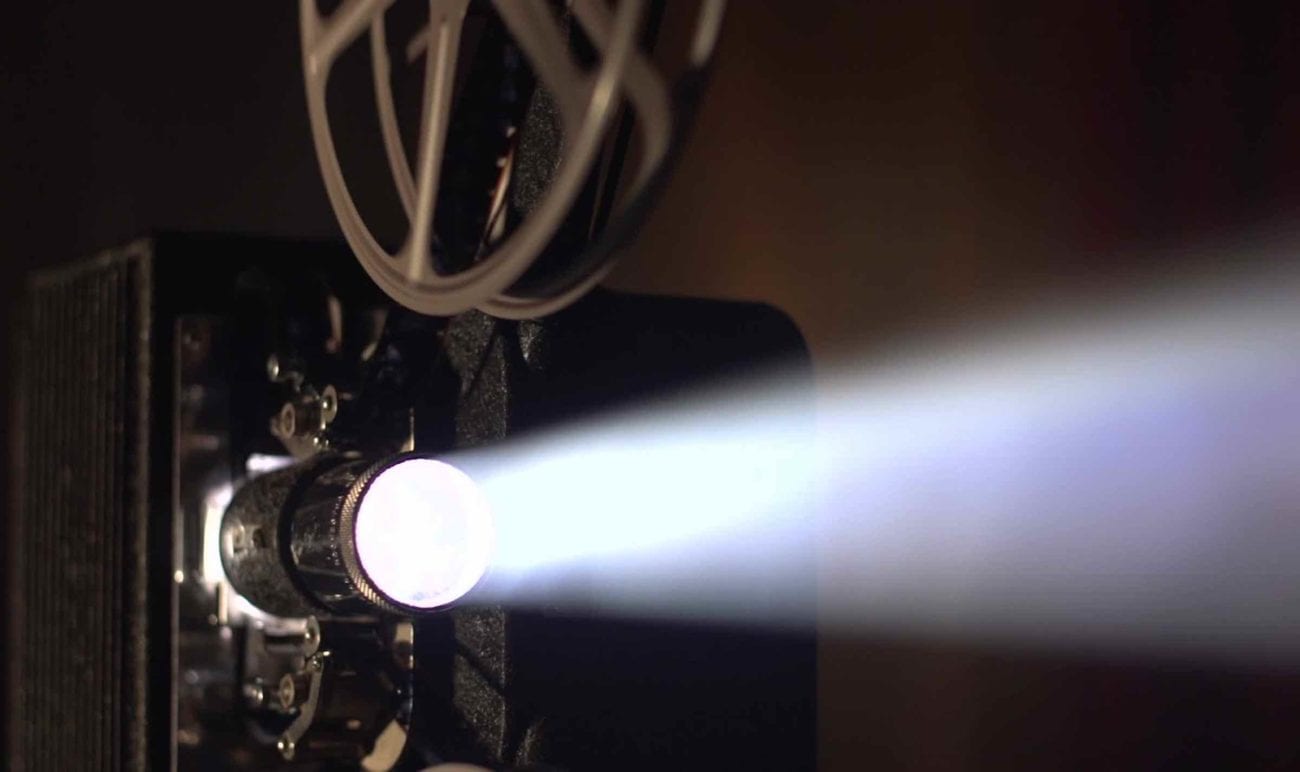Technology has its ups and its downs. We live in a more technologically dependent culture than we ever have before and this reliance on our devices and modern conveniences have many positive outcomes. Electricity makes it so that we can power our homes, phones, computers, televisions, refrigerators, washing machines, and the list goes on and on. These everyday commodities have their shortcomings, however. While our lives are much more convenient, this convenience comes at a cost such as pollution, poverty, the spread of misinformation, and even bullying.
I believe the largest advancement our society has made in a long time is the advancement of our forms of communication. If you compared the amount of information distributed from the 1970s to today in the 2020s, the gap is massive. Our phones, computers, and tablets are instant connections to the world of the internet and all of the information and data that comes with it. We have the capabilities to talk to and gather information from anywhere in the world at any time and place we chose. Constant communication means that news is readily available, but it also means that we are hardly ever alone. Growing up in a society that puts an emphasis on being connected over social media can leave an everlasting impact on my generation that has already taken roots. Child suicide was not as much as a problem, but when you are in a constant state of being able to be bullied or made fun of, the mental toll of not feeling accepted can push ones self to end their life. Another very relevant disadvantage of technology today is the spread of misinformation. It use to be that only reliable sources of news and experts in a field were trusted to get information from. Now, with the accessibility of social media platforms and blogs, anyone can write anything that they want or believe, factual or not, and people will take it as the truth. Even forign and sometimes even native governments will influence the publics beliefs on a matter in a false representation.
As someone born post 9/11, my entire life has been dominated by technology and mostly the internet. The internet is an incredible human achievement and has connected the world together, but like anything new, there comes the problems it creates. The first form of social media I used was Instagram at the beginning of middle school. Originally, my parents didn’t want me to get it, but I was able to persuade them. After that I got a Facebook account that I have since never really used. It is not very popular with people of my age, but I still have it and Facebook has access to a lot of my internet data, especially since they also bought out Instagram years ago. Snapchat I use more than anything else and I also used Twitter for about a week and then got bored of it. Along with many school related things and my YouTube channel where I posted a short film I made, I would say I have above the average internet presence, which I am not necessarily proud of. Looking back, I wish I would have been more careful about what I would let have access to my information. There is probably a lot more of my data on the internet then I will ever know about, but at this point there is not much I can do about that. The only way I can move forward is by hoping for the best and always posting as if the whole world is watching. The concept is kind of scary, but that’s the world we live in today and its all I’ve ever known.
https://azbigmedia.com/business/the-pros-and-cons-of-modern-technology/





